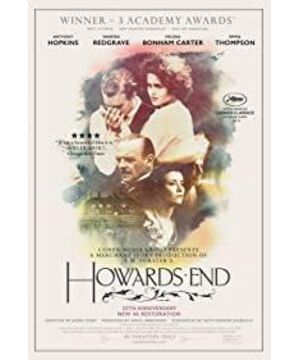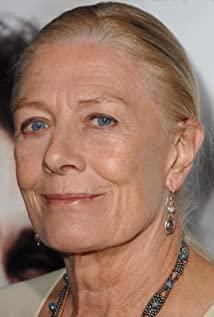The British stage play style of the film is very strong, and some of the words are full of literature and art, but they are purely the narration of scenes like I used to read translated versions of foreign novels. understand. Back to the story itself. Margaret met the wife of Howard Manor by chance. The original will was to give the estate to Margaret, a good friend, but because of the pencil and no signature, the wife's husband and children destroyed the will without Margaret's knowledge. Then the husband met by chance and the previous wife's praise for her, so he became curious about Margaret and proposed to marry him. Margaret should be married and it is suitable for her family to belong to the emerging nobles, so she is willing. Before that, her sister Helen married his wife's second son (on a whim) and divorced (the second son has no right of inheritance), and met a talented clerk at the bottom. And this little clerk married him because of his sympathy for a woman who had previously been the mistress of the manor lady's husband. After many soap operas, the husband divided the estate to Margaret, and Margaret finally knew that the old lady had a will but did not pursue it any further.
All kinds of intensified drama, but perhaps literary works are absurd enough in themselves, and they always feel ineffective when they are put on the screen. After all, although the absurdity in this kind of novel may come from life, the movie does not only have various exquisite scenes, dialogues and plots It's all so unpleasant. The theme is also the conflict between different classes. Margaret with such a generous aristocratic temperament, although she is a middle class, is more graceful than the emerging aristocracy, but it always feels far-fetched to use this generosity to prove it.
View more about Howards End reviews











